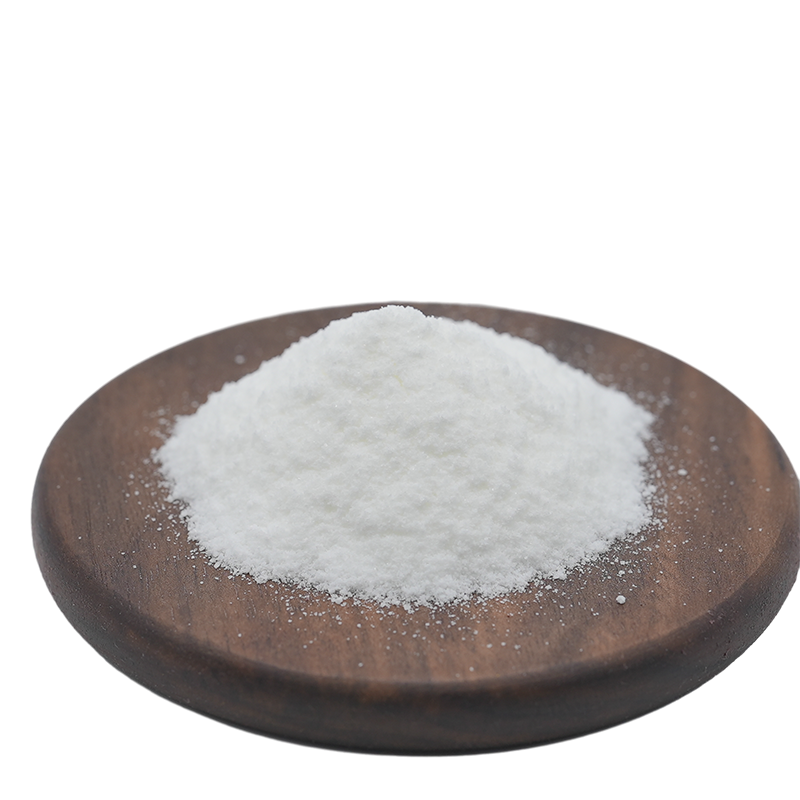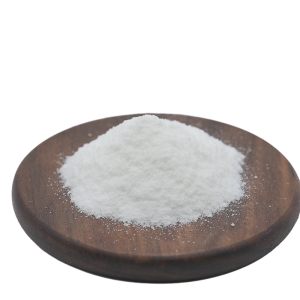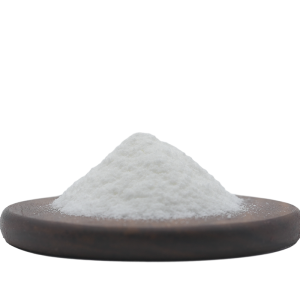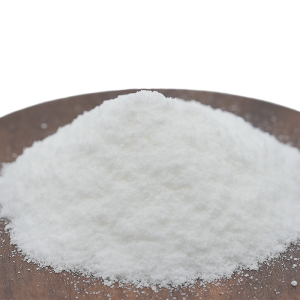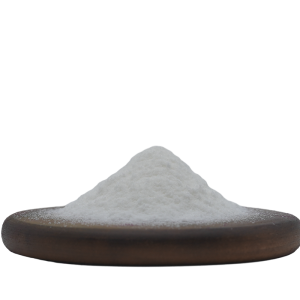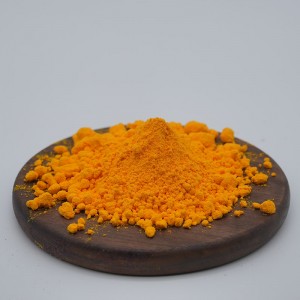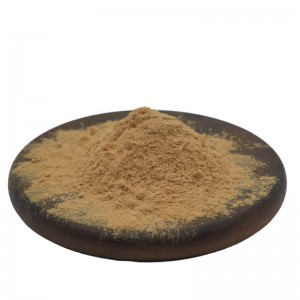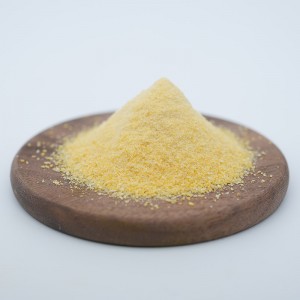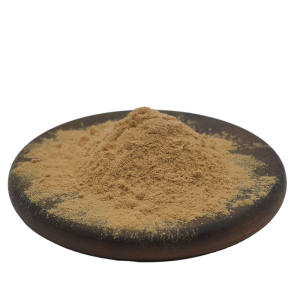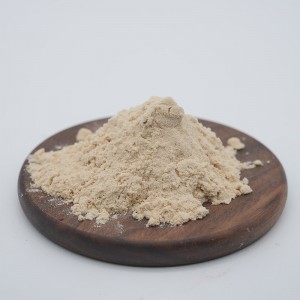
Products
Citric Acid
Product Description
Citric acid, a naturally occurring acid found in citrus fruits such as lemons, limes, and oranges, plays a diverse and vital role in various aspects of our daily lives. With its tangy taste and ability to enhance flavors, citric acid is widely utilized as a flavoring and preservative in an extensive range of food and beverage products. Beyond its culinary applications, citric acid's versatility extends to household products, where it is valued for its cleaning and very good chelating properties.
In the realm of food and beverages, citric acid serves multiple purposes, making it a ubiquitous ingredient in the culinary world. Its primary role as a flavoring agent adds a refreshing tartness to many consumables, contributing to the characteristic zest of citrus-flavored sodas, candies, and gummies. Furthermore, citric acid's natural preservative properties make it an ideal choice for extending the shelf life of various food items, including canned fruits, vegetables, and sauces. Its preservative action helps inhibit the growth of bacteria and molds, thereby maintaining the freshness and quality of food products over time.
Apart from its conventional use in the food industry, citric acid finds applications in the realm of household products, where its versatility shines through. Due to its acidic nature, citric acid is a key component in many cleaning agents, effectively removing hard water stains, soap scum, and mineral deposits. Its chelating properties enable it to bind to metal ions, preventing them from interfering with the effectiveness of cleaning agents and contributing to the overall cleaning power of various solutions. Common household items such as dishwashing detergents, laundry detergents, and all-purpose cleaners often contain citric acid for its exceptional cleaning capabilities.
Moreover, citric acid's environmentally friendly profile has contributed to its widespread adoption in household products. As a natural compound derived from citrus fruits, it offers a more sustainable and eco-friendly alternative to synthetic chemicals in cleaning formulations. This aligns with the growing consumer preference for environmentally conscious products that minimize the impact on the planet.
Beyond its direct applications, citric acid also holds potential for various do-it-yourself (DIY) projects and applications. It is frequently employed in home brewing and winemaking to adjust acidity levels and enhance flavor profiles. Additionally, citric acid is utilized in bath bombs and personal care products for its effervescent and skin-smoothing properties, adding a luxurious touch to self-care routines.
In conclusion, the multifaceted nature of citric acid makes it an indispensable component in the realms of food, beverages, household products, and DIY projects. Its unique ability to impart tangy flavors and act as a preservative in food and beverages, coupled with its exceptional cleaning and chelating properties in household products, underscores its remarkable versatility. As consumer preferences continue to prioritize natural and sustainable ingredients, citric acid stands as a shining example of a naturally derived compound that enriches our lives in numerous ways. Whether enjoyed in a refreshing drink, utilized for its cleansing prowess, or incorporated into creative projects, citric acid remains a staple with a lasting impact on our daily experiences.
Certificate of Analysis




